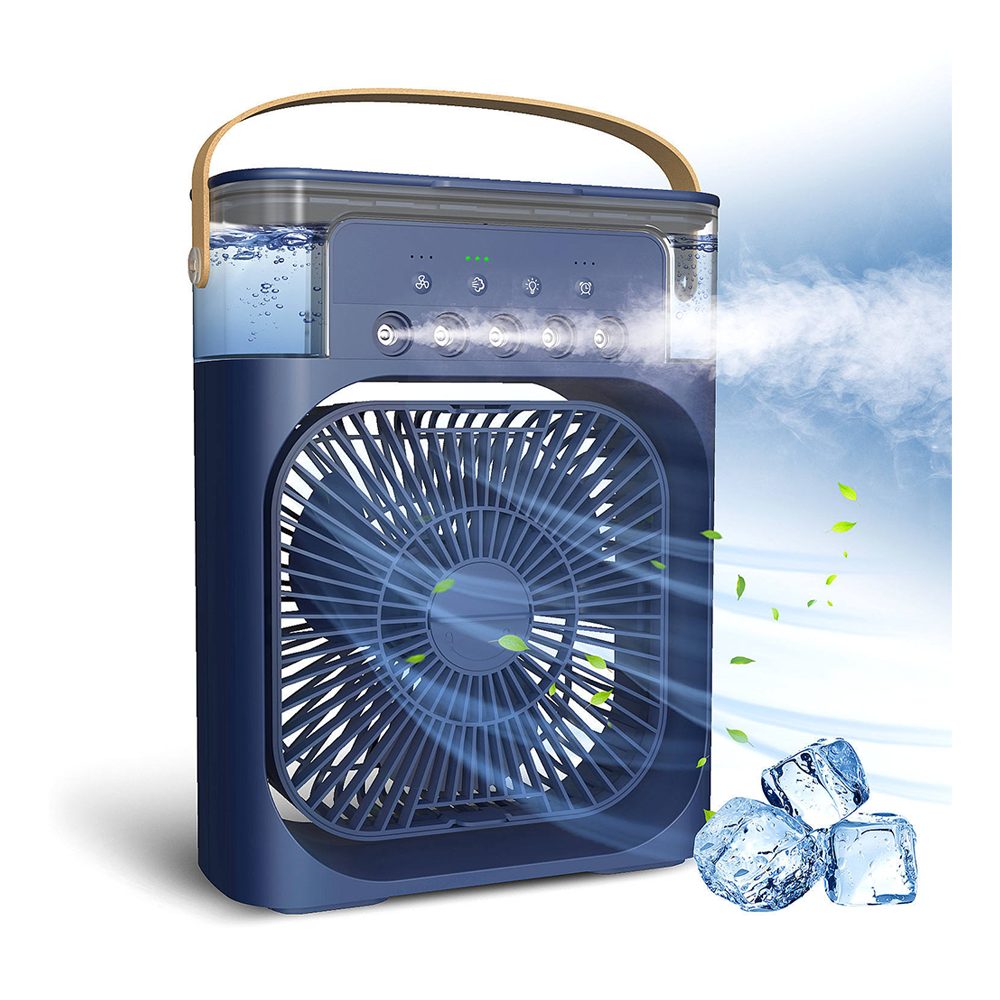
In a world where temperature regulation is vital for comfort, air coolers and air conditioners stand out as two popular options for cooling solutions. Both devices serve the essential function of maintaining a pleasant indoor environment, but they 冷風機 using different technologies and are best suited for various scenarios. Choosing between the two can be tricky, especially if you don’t fully understand how they work or which would be more effective for your needs. In this article, we will explore the fundamental differences between air coolers and air conditioners, examining their working mechanisms, energy efficiency, environmental impact, and the scenarios where each product excels.
Air coolers, also known as evaporative coolers, use the process of evaporation to cool the air. They work by pulling in warm air from the outside and passing it through water-saturated pads. As the air moves through these pads, the water evaporates, which reduces the temperature of the air. The cooler, moistened air is then circulated back into the room. Air coolers are a natural and energy-efficient way to cool a space, and they are especially effective in dry climates where humidity is low, enhancing the evaporative process. Moreover, air coolers are relatively easy to maintain and operate, requiring just water and periodic cleaning of the pads.
On the other hand, air conditioners use a more complex refrigeration cycle to cool the air. They pull warm air from a room, cool it using a refrigerant, and then recirculate the cooled air back into the room. The refrigerant absorbs heat from the indoor air, and the system expels it outside through a condenser unit. Air conditioners are highly effective in cooling larger spaces and can maintain a set temperature regardless of the humidity level. They also come in various types, such as window units, split systems, and central air systems, making them versatile in terms of installation and usage.
One significant difference between air coolers and air conditioners is energy consumption. Air coolers use far less electricity compared to air conditioners. This is because air conditioners rely on a compressor and refrigerant cycle, both of which consume a significant amount of power. In contrast, air coolers require only a fan and a water pump to function, which leads to substantial savings on electricity bills. For individuals concerned about high energy costs, air coolers may be the more economical choice, particularly in areas where temperatures don’t reach extreme highs.
Another important factor to consider when choosing between an air cooler and an air conditioner is their environmental impact. Air coolers have a smaller carbon footprint since they do not use refrigerants, which are often harmful to the environment. Air conditioners, on the other hand, use refrigerants that can contribute to ozone depletion and global warming if not properly managed. Although newer air conditioning units use more eco-friendly refrigerants, the overall environmental impact of air conditioners remains higher compared to air coolers.
Humidity is another critical factor in determining which cooling solution is better for your space. Air coolers are most effective in areas with low humidity, where they can significantly lower the temperature while adding some moisture to the air. In contrast, air conditioners are designed to remove humidity from the air, making them a better option for humid climates where excess moisture can make the heat feel even more oppressive. If you live in a coastal or tropical region, an air conditioner would likely provide more relief than an air cooler.
When it comes to initial cost, air coolers are generally more affordable than air conditioners. They are simpler machines with fewer components, making them less expensive to manufacture and purchase. Air conditioners, especially split or central air systems, can be a significant investment, both in terms of the unit itself and the installation process. However, the higher cost of air conditioners can be justified in areas where extreme heat and humidity make other cooling options less effective.
Despite the higher upfront costs, air conditioners offer more precise temperature control and cooling power. They allow you to set and maintain a specific temperature, which is ideal for individuals who need consistent climate control, such as in office spaces or homes in regions with extreme weather conditions. Air coolers, while effective, do not offer the same level of control and are more suited for general cooling rather than precision climate regulation.
Maintenance is another area where air coolers have the upper hand. Because they have fewer components and don’t use refrigerants, air coolers are easier and cheaper to maintain. Cleaning the water tank and the cooling pads regularly is usually all that is required to keep an air cooler in good working order. Air conditioners, on the other hand, require periodic servicing to ensure the compressor, refrigerant levels, and filters are functioning properly, adding to the long-term cost of ownership.
In terms of portability, air coolers are more mobile and can easily be moved from one room to another, depending on where cooling is needed. Most air coolers are lightweight and equipped with wheels, making them a convenient choice for individuals who want flexible cooling options. While portable air conditioners are also available, they tend to be heavier and bulkier due to the compressor and refrigerant components, limiting their ease of movement.
Ultimately, the decision between an air cooler and an air conditioner comes down to your specific needs, climate, and budget. If you live in a dry climate and are looking for an affordable, energy-efficient cooling solution, an air cooler may be the ideal choice. However, if you need precise temperature control and live in a humid or extremely hot area, an air conditioner may be worth the higher cost and energy consumption. Both devices have their advantages and limitations, so understanding these factors will help you make an informed decision that best suits your lifestyle.